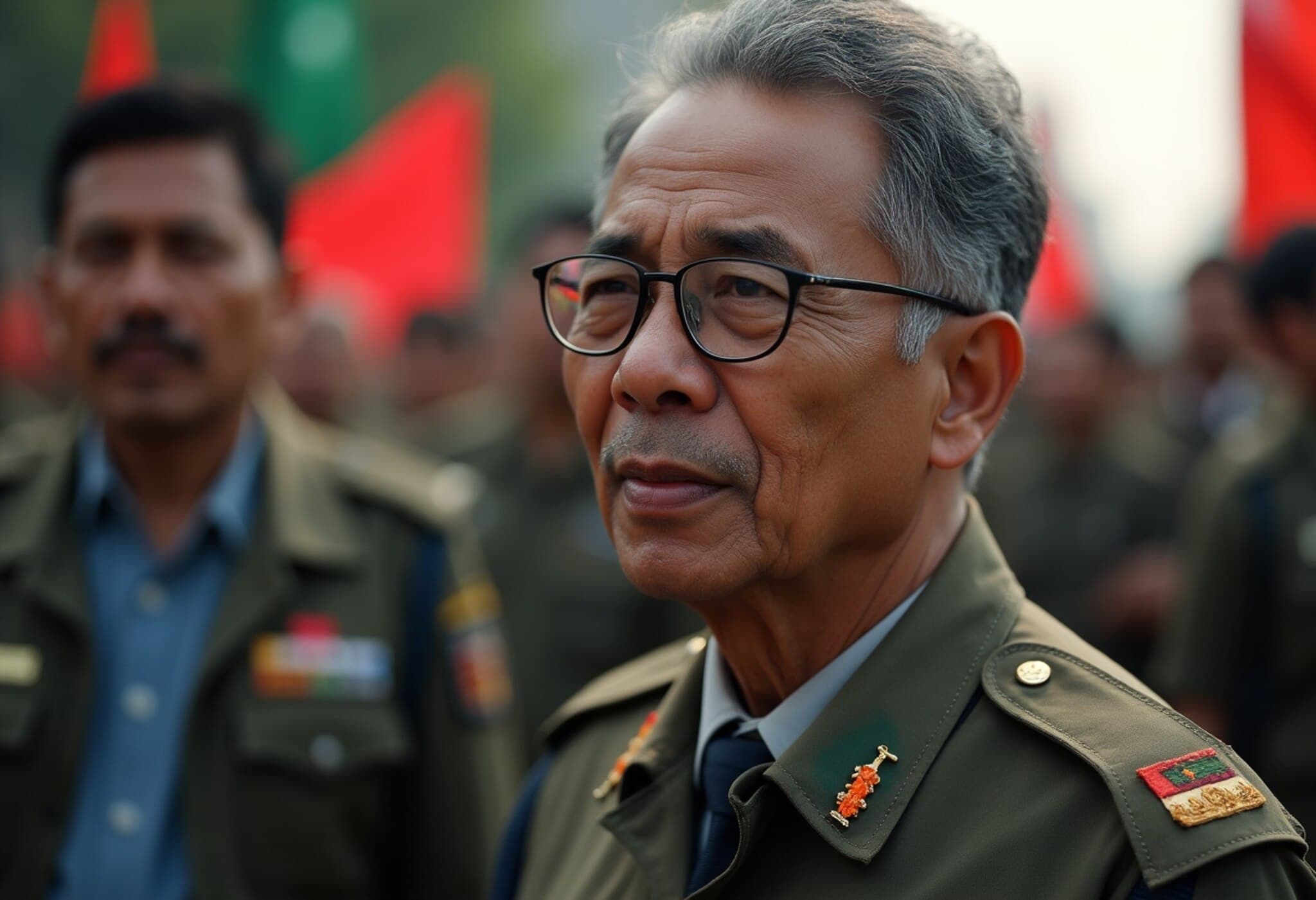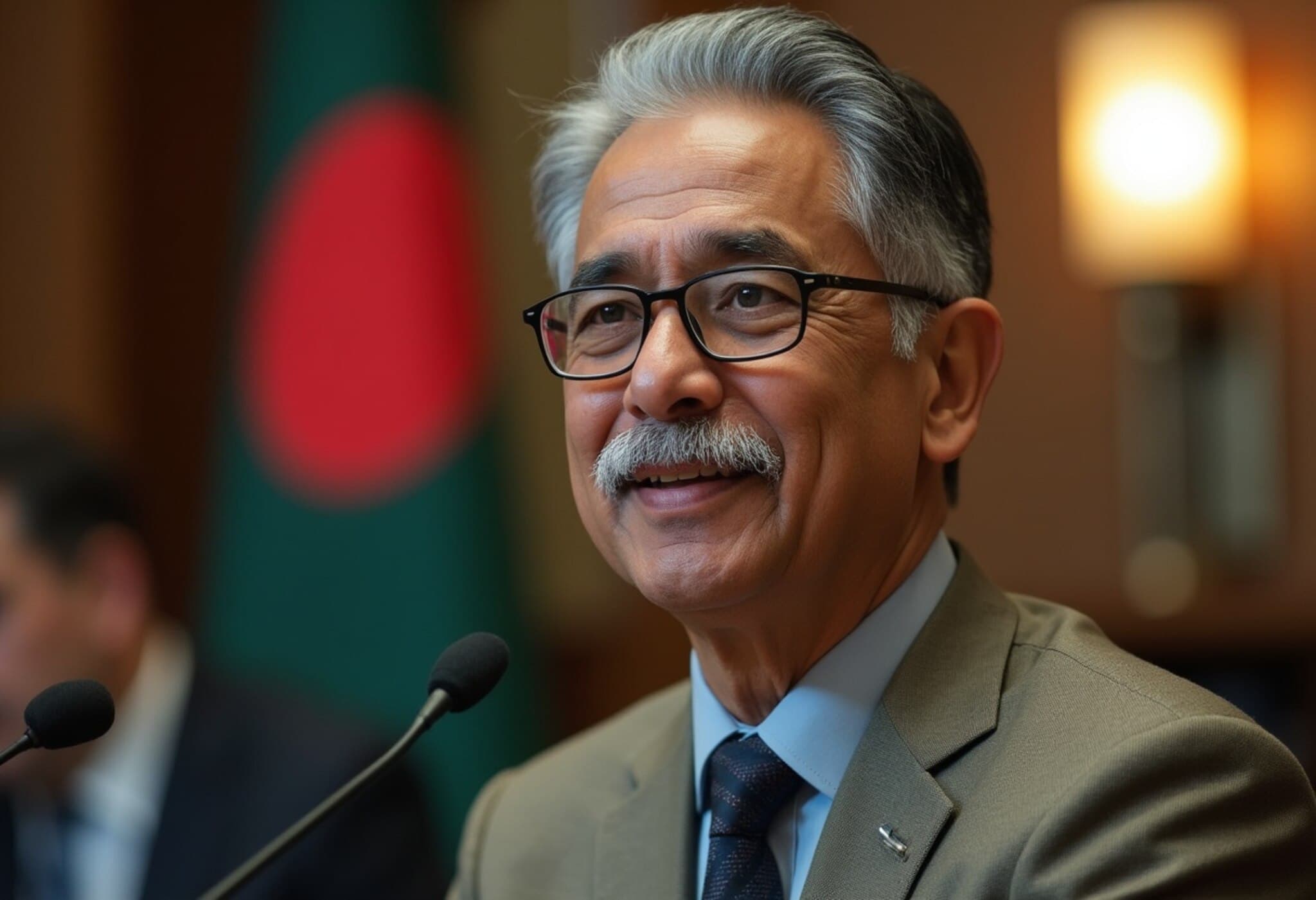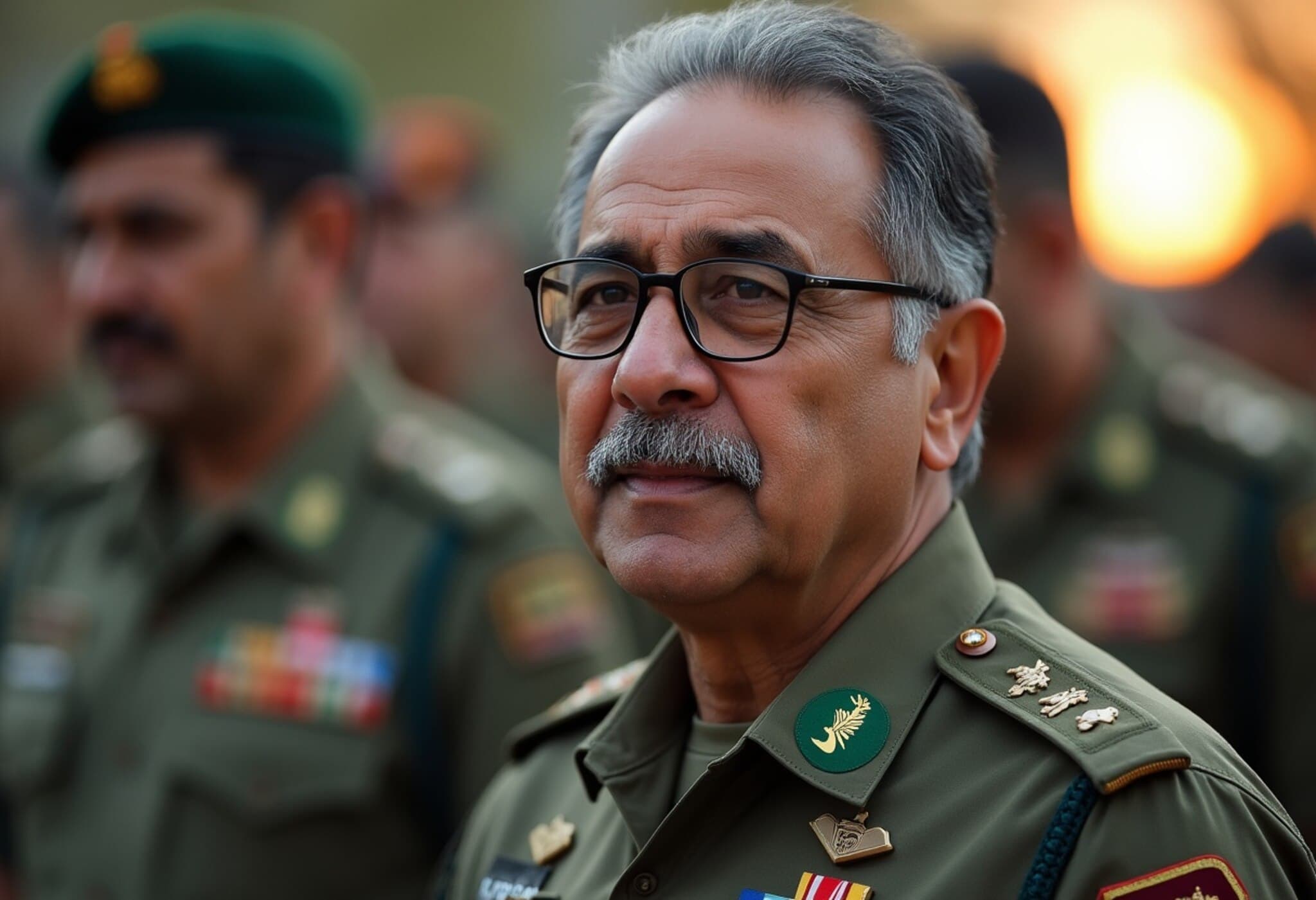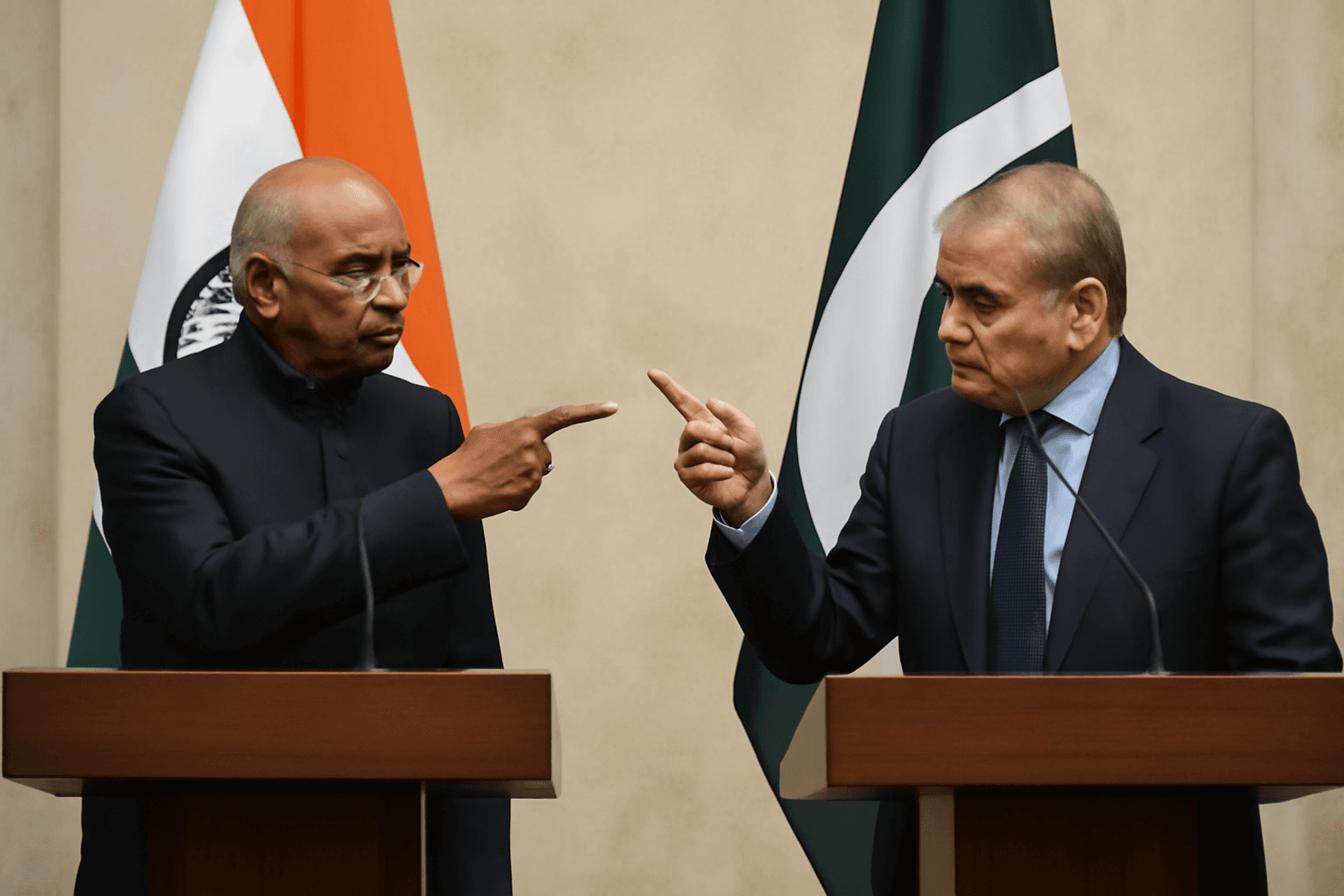Pakistan Army Chief Asim Munir Issues Stark Warning Over Indus River Dam
In a startling and unprecedented statement delivered on U.S. soil, Pakistan’s Army Chief General Asim Munir issued a forceful warning regarding India’s proposed dam construction on the Indus River. Speaking at a formal event in Tampa, Florida, Munir emphasized that Pakistan views the river as a sovereign resource and signaled readiness to respond with missile strikes and potentially nuclear weapons if the project proceeds and Pakistan perceives an existential threat.
Context of the Indus River Dispute
The Indus River system is a critical lifeline for Pakistan’s economy, agriculture, and water security. Shared between India and Pakistan under the 1960 Indus Waters Treaty brokered by the World Bank, water management has remained a persistent source of tension between these nuclear-armed neighbors. India's recent plans to develop dam infrastructure on tributaries of the Indus have reignited diplomatic and security concerns in Islamabad.
Munir’s Unprecedented Public Threat on U.S. Soil
While attending a black-tie dinner hosted by Adnan Asad, Pakistan’s honorary consul in Tampa, Munir made the following remarks, as reported by ThePrint: "The river is not the Indians’ family property. We have no shortage of missiles, Al-Hamdulillah [praise be to God]."
He continued with a chilling declaration on Pakistan’s nuclear posture: "We are a nuclear nation. If we think we are going down, we'll take half the world down with us." This level of candor—linking water resource disputes directly to potential nuclear conflict—is rare and underscores the fragility of peace in South Asia.
Diplomatic and Security Implications
General Munir’s statements come amid his official visit to Washington, his second since the recent flare-up with India. During this trip, he attended ceremonies marking the changeover of command at the U.S. Central Command (CENTCOM) and held meetings with U.S. military leaders, including the Chairman of the Joint Chiefs of Staff, General Dan Caine. These high-level engagements indicate ongoing U.S. interest in regional stability and counterterrorism cooperation.
The public threatening tone also raises critical questions for U.S. policymakers. It highlights the interconnectedness of resource management disputes and security concerns in South Asia—a region already burdened with nuclear rivalries and complex geopolitical tensions.
Broader Regional Context and Water Security
Water disputes in South Asia are a growing flashpoint, especially with climate change exacerbating water scarcity. The potential for a nuclear-armed confrontation over a dam signals how environmental and resource issues might increasingly intertwine with hard security. Experts warn that without renewed diplomatic efforts and adherence to international water-sharing agreements, these tensions could escalate beyond conventional conflicts.
Expert Insights and Critical Questions
- Water as a Security Threat: The incident exemplifies how environmental resources, often sidelined in strategic discourse, have become central to national security in regions like South Asia.
- U.S. Role in De-escalation: Munir’s statements in the U.S. spotlight Washington’s delicate position in South Asia, balancing counterterrorism cooperation with efforts to curb nuclear risks.
- Nuclear Doctrine Nuances: Pakistan's declared readiness to use nuclear weapons "if going down" reflects a doctrine of deterrence that risks rapid escalation from conventional to nuclear conflict.
- Need for Fresh Dialogue: The episode underscores the urgency for revived trilateral talks—India, Pakistan, and independent mediators—to safeguard water-sharing arrangements and reduce risk.
Conclusion
General Asim Munir’s stark warnings underscore the dangerous convergence of resource disputes and nuclear posturing in South Asia, posing a challenge not only to India and Pakistan but also to global peace and security. As climate stress intensifies competition over essential resources like water, the onus falls on international actors and regional stakeholders to foster dialogue and prevent catastrophic escalation.
This episode reveals how environmental resources are increasingly enmeshed with geopolitical and security considerations in volatile regions. It prompts reflection on key questions: How can international frameworks adapt to manage water-related conflicts? What role should global powers play in mitigating nuclear risks tied to resource competition? And crucially, how can diplomacy regain ground in an era of escalating threats?














